#at least it highlighted the cruelty of the monarchy and rich
Photo

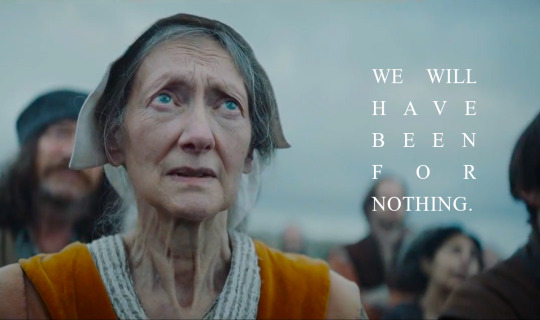
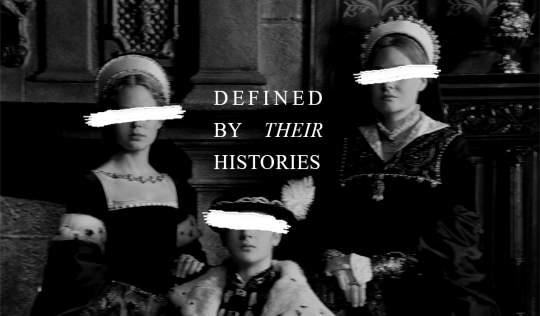
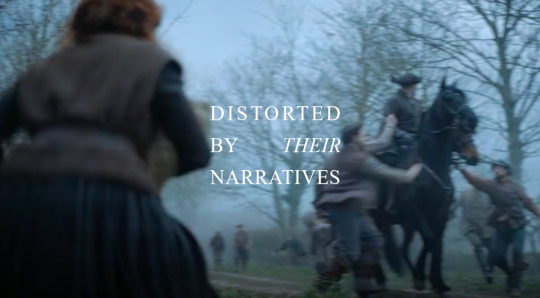
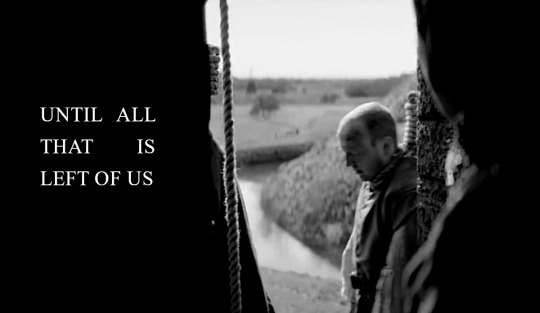
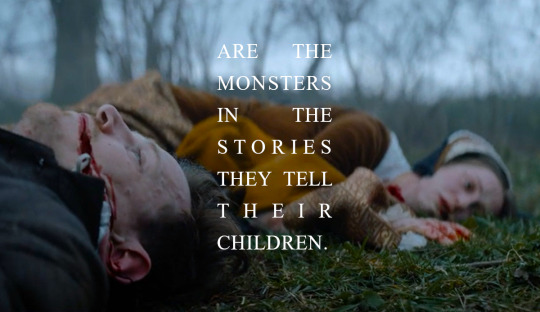
"In 1549 AD Robert Kett yeoman farmer of Wymondham was executed by hanging in this Castle after the defeat of the Norfolk Rebellion of which he was leader. In 1949 AD – four hundred years later – this Memorial was placed here by the citizens of Norwich in reparation and honour to a notable and courageous leader in the long struggle of the common people of England to escape from a servile life into the freedom of just conditions" - Norwich Castle Plaque
#becoming elizabeth#robert kett#elizabeth tudor#mary i tudor#edward vi#history#kett's rebellion#rewatching black sails and remembered this quote#and then quickly remembered how badly BE butchered ketts rebellion#like say what you want about the tudors#at least it highlighted the cruelty of the monarchy and rich#and showed WHY people rebelled and WHY people had enough#anyway when are we gonna get a movie about kett's rebellion
258 notes
·
View notes
Note
Poetry
Poetry: If you have one, name a favourite book or poem.
This is the best question, I love poetry so much and I have some definite favourites. I also have couple of favourite books, or at least books I love with all my heart and will always recommend, so I’ll note those at the end. I apologise for this taking a while, but there’s no way I could go short on this one. No way whatsoever. I really needed a distraction and I felt like this was the kind of ask I could drag out into an essay-length epic of rambling about literature, so I hope you don’t mind that I kind of took this and ran with it.
I read it in your word, and learn it from, by Rainer Maria Rilke
This is my favourite poem from Rilke’s collection Poems from the Book of Hours, a book I bought several years ago from an adorable little shop in Paris. “I read it in your word, and learn it from/ the history of the gestures of your warm/ wise hands,” this poem so perfectly describes a feeling I cannot otherwise put into words. Something like listening to a person and understanding them, learning from them and appreciating them.
The Yellow Palm, by Robert Minhinnick
I studied this poem for GCSE, which by all rights should mean I hate it. Instead, this poem has become one of my favourites. With rich sensory description and a complex emotional impact, this ballad describes Minhinnick’s experiences walking the streets of Baghdad in the late 1990s. It’s political in a more subtle way than some, but you can truly empathise with both the people the poet describes and the poet himself. It stuck in my head for a long time after I first read it.
Litany in Which Certain Things Are Crossed Out, by Richard Siken
I have not read that much of Siken’s work. I have read this and maybe one or two others, so I cannot claim to know much about Siken. This poem, however, really caught my heart when I discovered it some years ago and it has not released it since. Siken’s writing is captivating, in all honesty, and the structure of the poem is nothing short of genius. It’s an analysis, a musing, a conversation, a letter and a lesson. I could possibly talk about this poem for hours.
The Lost Leader, by Robert Browning
This is another of the poems I studied at school, this one for my A Level course. Again, my reaction to school-sanctioned texts was not so typical, because my teacher’s enthusiasm netted me and Browning is now one of my favourite poets. The Lost Leader is actually not so typical for Browning, definitely the most unique from the collection we studied, and I love it as much for the political and social context as I do for the phrasing and the rhythm. This poem is, in all honesty, Browning grousing about Wordsworth for selling out to the monarchy and betraying the liberal cause. “Just for a handful of silver he left us/ Just for a riband to stick in his coat.” It’s like the Romance poets’ equivalent of a modern day celebrity Twitter feud, complete with name-dropping and petty accusations.
Dulce et Decorum Est, by Wilfred Owen
Okay, I know this is another typical school poem, but I didn’t actually cover this one in any of my English classes. Not even when we had an entire year studying war and conflict poems. No, this poem has entered my consciousness many times over the years and eventually it stuck, as poems seem wont to do. This poem is a scathing criticism of political attitudes to conflict and the glorification of war. The brutal descriptions and imagery are drawn from Owen’s own experiences, and the honesty behind it is one of the reasons this poem is as powerful as it is. The last line refers to a famous phrase, “Dulce et decorum est/ Pro patria mori”, meaning ‘it is sweet and honorable to die for one’s country’, as “the old Lie”; arguing against the perception of war as a noble thing and instead highlighting the cruelty and brutality instead. This poem is revolutionary, and it changed many people’s attitudes towards war, and that is why I love it as much as I do.
The Laboratory, by Robert Browning
And another one from Browning, another one I studied in school. This is one of a group my class dubbed ‘the murder poems’ and for good reason, as this poem details one woman’s plans to poison her ex-lover and his new paramour in the setting of the aristocratic, feudal Ancien Régime of France. It’s written in iambic pentameter, making the rhythm deceptively bouncy and upbeat compared to the subject matter, and the descriptive language is just luscious. The narrator describes the poisons in the laboratory with such fervour, the “gold oozings” and “exquisite blue”, and her wicked excitement about it all is what drives that fast rhythm. It’s hard not to enjoy this poem, honestly.
Angel with a Fiddle, by Bette Wolf Duncan
This is probably the most obscure of the poems I’m talking about, as I have only seen it on one website and even that’s unreachable now. For that reason I considered leaving it off the list, because it’s kind of torturous to describe it without you having any real way of finding it, but I’m going to talk about it anyway. This poem is really what drove my love of folk poetry, not so much because it is a folk poem but instead because the language used is so damn good at evoking the feeling of a folk poem. “Tall n’ lean n’ lanky,/ With a fiddle neath his chin…/ The days weren’t quite so cruel/ When he played his violin.” As a violinist and lover of folk poetry, this just calls to me. It has an air of mystique about it which I love, but it’s just such a sweet little verse. I hope it can find it properly again, some day.
Special shout-outs go to the many poems of Leonard Cohen, all of which I love but could not choose a favourite from; the poems of Pablo Neruda, all of which make my heart ache in the best way, and also to any and all of the comedy poems I grew up hearing and loving. That includes the works of Hillaire Belloc, The Kings Breakfast and other assorted works of A.A. Milne, and T.S. Elliot’s Book of Practical Cats. I really do love poetry.
Now, onto books:
The Raven Cycle, by Maggie Stiefvater
This is just the perfect fantasy series for me. Every character seems so genuine and so alive, fitting into this epic of magic and wonder and just plain weirdness. It’s hard to believe that every character in an ensemble cast could be quite so endearing, but it’s one of the reasons this book tops my favourite fantasy list and my favourite Y.A. list. There’s humour, there’s magic, there’s mystery and there’s relationships. I love it.
The Ocean at the End of the Lane, by Neil Gaiman
This book is kinda scary. Moreso to adults than children, I think. I first read it the year it was released, in my early teens, and I’ve made it a mission to read it every now and then just to see how differently I interpret it each time. This is one of the few instances I’ve enjoyed a child narrator outside of a childrens’ book. It doesn’t come across as cheesy or dumbed-down, but it’s still appropriately and realistically naive. The magic and surrealist horror elements are very well-handled, and it captures a very genuine feeling of childhood curiosity. This is the kind of book I wish I could write.
Gray, by Pete Wentz (and James Montgomery)
I almost cheated and put this in the poetry section, because the language in this book is so beautifully poetic that it may as well be there. But no, this is a semi-autobiographical novel, a favourite genre of mine, and so I will write about it here. This book is very honest and brutal experience of mental illness and how that impacts your sense of self and relationships with others. It must have made me cry at least twenty times. It hurts, it hurts so hard, but I feel like recommending it anyway because I think it’s a good book for when you want to understand things and understand people. One of the reasons I love it, actually, is that it’s so rare to read something so introspective without it coming across as self-centred, but I came away from this book feeling like I understood Pete Wentz as a person way more than I could from any other media.
Good Omens, by Neil Gaiman and Terry Pratchett
Lastly, a book I love for having the best humour and characters I can imagine, is Good Omens. Anyone who knows me outside of the internet knows how much I love this book. If anyone mentions anything even tangentially related to Good Omens or any topics or themes within Good Omens, I will talk about it. For a long time. Until I am situationally and circumstantially forced to stop talking about it. I raved about it enough to convince my best friend to read it and now, now he loves it just as much and we can rant about how good it is together. I would recommend this to anyone, regardless of what you usually read or don’t read, because I guarantee that at least 90% of people will love it.
Anyway, thank you for making it all the way to the end of this, I had a lot of fun writing it and distracting myself from what has otherwise been a downright awful day. Thank you so much for sending me this question, and once again I apologise for going so completely overboard. Thank you
4 notes
·
View notes